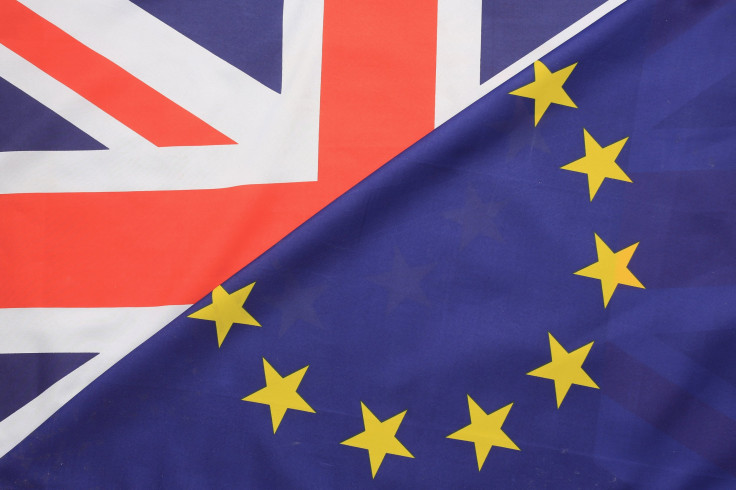OECD Warns Brexit Could Cause ‘Shocks’ In Financial Markets; Offers Gloomy Outlook For World Economy

The Organization for Economic Cooperation and Development (OECD) on Wednesday slashed its growth forecast for the U.S., Japan and the United Kingdom, stating that a prolonged period of low growth had “precipitated a self-fulfilling low-growth trap.” In its latest Global Economic Outlook, the OECD also offered a bleak projection of the path the U.K.’s economy would take should it vote to leave the European Union in a referendum later this month.
“A U.K. vote to exit from the European Union could be expected to heighten uncertainty, reduce confidence and result in a series of financial market shocks in the United Kingdom and other European economies,” the OECD said. “[Brexit] could reinforce uncertainty about the future of the European Union and the Single Market. ... The exit vote can also be expected to hit confidence, leading U.K. households to undertake additional precautionary saving. Higher saving adds to the negative impact on consumption from the decline in activity and lower asset prices.”
The Paris-based group marked down its 2016 growth forecast for the U.K. to 1.8 percent from its previous estimate of 2.1 percent. This forecast assumes that the country would choose to stay in the EU.
However, if a Brexit comes to pass and the U.K. leaves the 28-nation bloc, its annual gross domestic product growth could reduce by 0.5 percent each year between 2016 and 2018, the OECD said. By 2020, the U.K.’s GDP could be up to 3 percent below the level it might otherwise have been if it had remained in the EU, and the GDP growth in the rest of the bloc may be nearly 1 percent weaker than otherwise.
“Over time, the U.K. economy would also face growing supply-side challenges. In the longer term, the impact of exit on the United Kingdom would depend on supply-side effects,” the OECD said. “By 2030, U.K. GDP could be over 5 percent lower than otherwise if exit had not occurred.”
OECD is right to warn leaving Europe would have "negative consequences" for our economy. That means lost jobs and higher prices. #StrongerIn
— David Cameron (@David_Cameron) June 1, 2016
The uncertainty surrounding the potential Brexit has already hurt manufacturers’ sentiments in the country. According to a recent Markit survey, one in three manufacturers in the U.K. said the uncertainty has had a detrimental or very detrimental impact on their business.
OECD’s forecast for the rest of the world was also far from rosy. It cut its 2016 growth forecast for Japan to 0.7 percent from 0.8 percent, and its U.S. GDP growth forecast to 1.8 percent from the previous estimate of 2.2 percent.
The eurozone was the sole silver lining in the OECD’s fairly gloomy assessment. It bumped up the 2016 forecast for the 19-nation bloc to 1.6 percent from 1.4 percent.
“Global growth has languished over the past eight years as OECD economies have struggled to average only 2 per cent per year, and emerging markets have slowed, with some falling into deep recession,” the OECD said. “A high-growth path cannot be achieved without structural policies that enhance market competition, innovation, and dynamism; increase labor market skills and mobility; and strengthen financial market stability and functioning,” the OECD said in the report. “The need is urgent. The longer the global economy remains in the low-growth trap, the more difficult it will be to break the negative feedback loops, revive market forces, and boost economies to the high-growth path.”
© Copyright IBTimes 2024. All rights reserved.





















